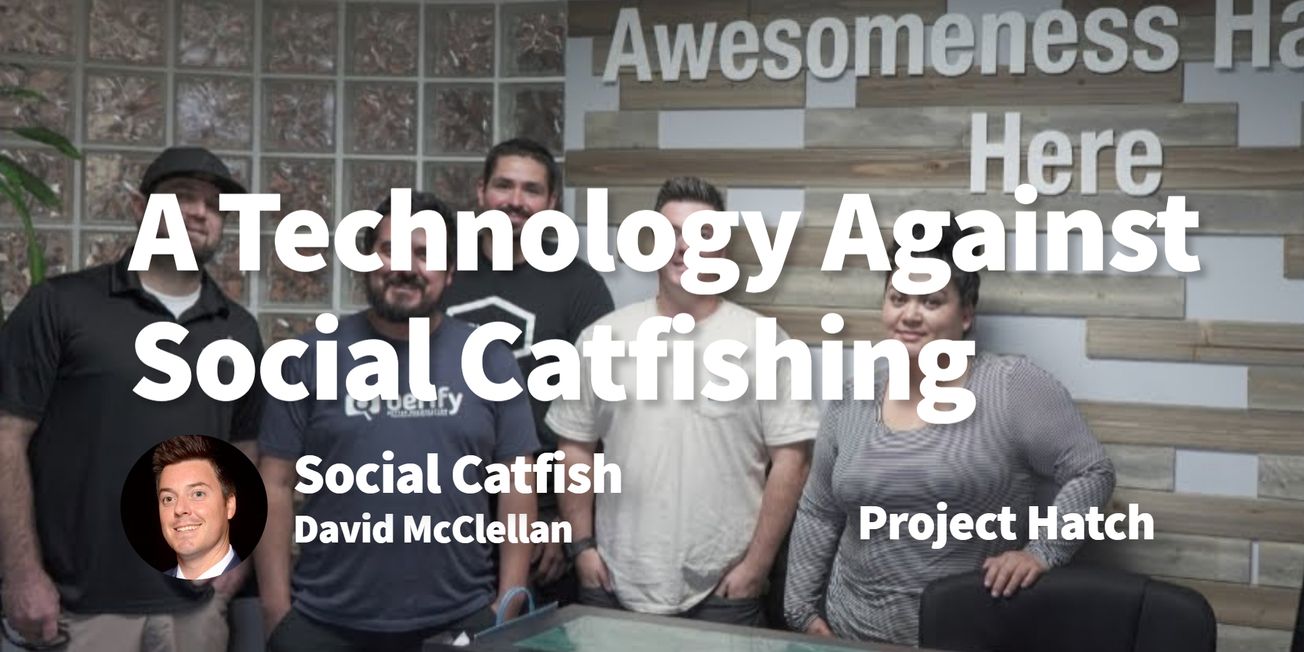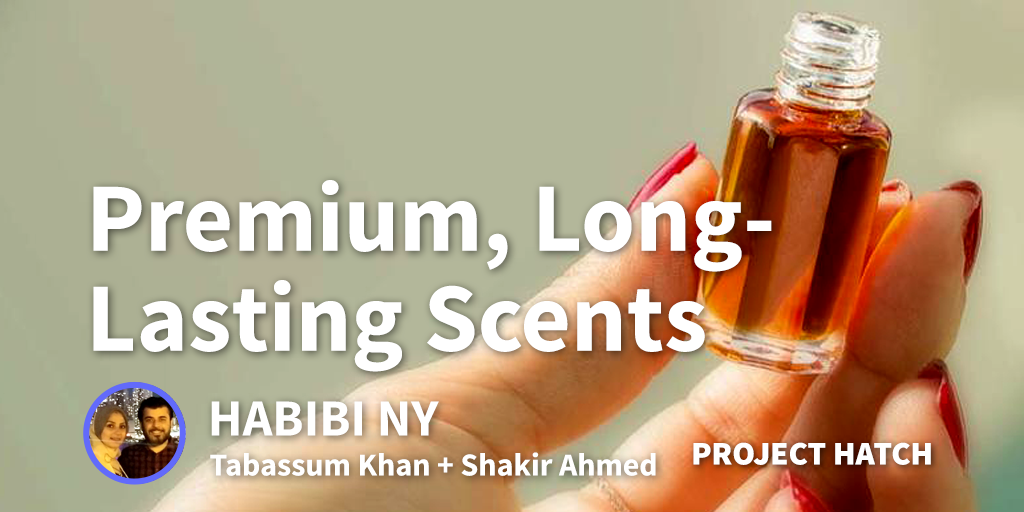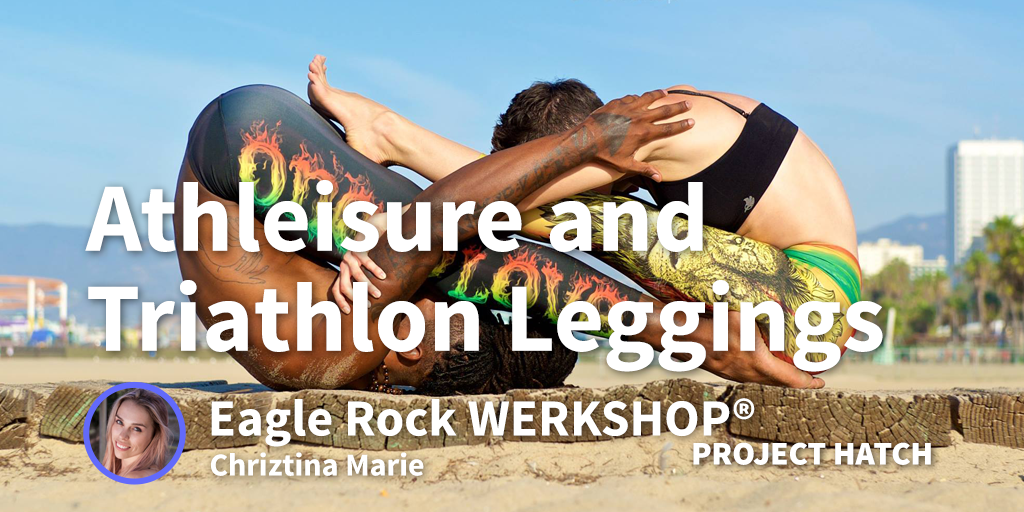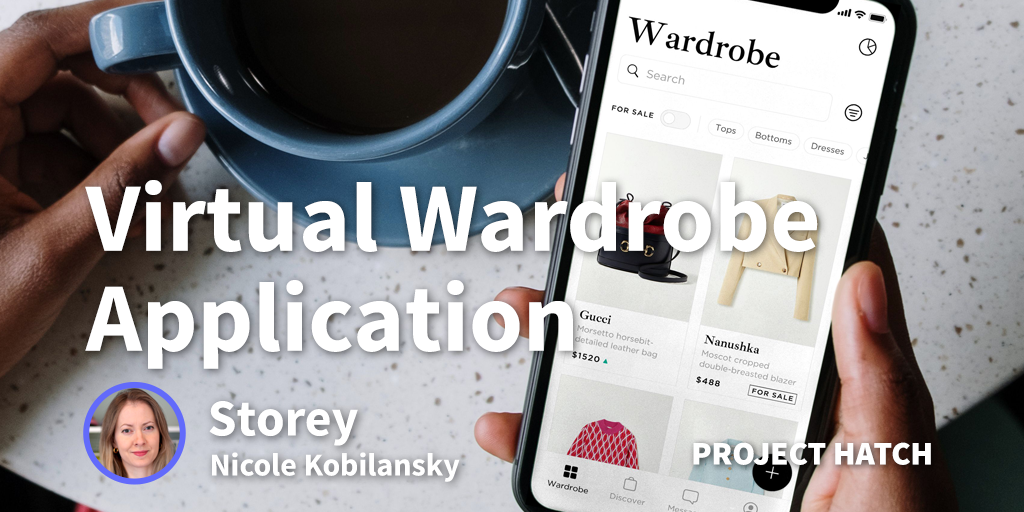Catfishing is a huge issue in today’s society since technology and online dating have become important in our lives. Because of this, David McClellan co-founded a company to help people lookup anyone suspicious that they have met online to find their real identities, called Social Catfish.
He has also come up with a reverse image search tool that most catfishing lookup sites don’t have, even though when he started out he had barely any idea on what catfishing was. He persevered, educated himself on the importance of catfishing, and started a business that has become successful and continues to grow.
Moe, the other co-founder of Social Catfish, had watched the show “Catfish: The TV Show” on MTV. When they showed all the emails from the show, he said there would be thousands of emails in the inbox of people contacting them.
Once he saw that a lightbulb clicked inside him that this could be a big issue. Then it clicked even more so once he was listening to people talking about it on the radio, and thought that there could be something there. So he called me to ask if I knew about the TV show, but I didn’t know anything about it.
I watched an episode about it and did some research online about the movie titled Catfish. From there, we just decided to build a website to see if there was an opportunity to help people out that have been catfished online.
How did you get your first three customers?
We had built the website and we had no idea how and what we were going to sell. However, our background was in Internet Marketing and we knew how to direct traffic to the website. From our background, we also knew how to use the internet really well when it comes to using different tools and researching. We put a PayPal on the website with traffic already directed to it; then after, we made up a price and waited to see if people would pay for it.At the time, we had the image search and told our customers we would run the image search for ten dollars. We didn’t know what to charge when we first started. I went to Moe’s house to have a discussion, then fifteen minutes later as we were leaving, my phone went off and said that I had a payment minutes after putting the PayPal up.
At that moment, I remember thinking maybe there is something here, because we have had other projects in the past that never really took off this fast. We got our first three customers within a day or two, it was pretty fast.
Did you raise any money to start the business and how did you fund the idea initially?
We were lucky because we both had sources of income, so we ended up taking the money we made from the business and just reinvested it back into the business. Since I could build websites and we were Internet Marketers, we didn’t have to spend a lot of money on the website. Instead, we basically just put our time into it.
As we made money from the business, we took that money and reinvested it back into the business. We didn’t take a salary for 2.5-3 years, but instead, we took what would’ve been our salary and reinvested it back into helping the company grow. Until two years ago, our employees were making more money than we were since we were funding this business ourselves.
We joke around that the business cost us $65 because it was essentially one year of hosting and the domain name. We didn’t actually raise money to start the business we just built what was called the MVP (minimum viable product) to see if the business worked, and it led us to where we are today.
Who is your target demographic?
People who are trying to protect themselves online. The age range could go anywhere from 19-65 years old. Our main core demographic are people who are 45-55 years old. These are people who know how to use the internet that are somewhat savvy, but are also cautious and want to protect themselves.
What is the strangest thing a customer wanted you to research?
When we first started out, we didn’t know exactly what type of service we wanted to build out so we started offering the Image Search to our customers. We used to have people send us pictures of the suspect’s body parts, including inappropriate images. Customers would send us these images to see if it was on the internet somewhere.
Who is the weirdest customer you had?
We also offer a service where customers pay us to research someone they’re talking to, and we make sure our customers’ intentions are good and see what they are going to do with the information. There was this one guy who kept wanting to come to us with a different girl each time. So we asked him if he knew her and he answered with well no. We then asked him what he wanted with this information and told him how creepy it was that he wanted all this information from different girls.
He then told us that he was Jewish, so he was on a dating site to meet a Jewish girl and that it was really important to him that the girl was of the same religion as him. He said that he didn’t care about their background, he just wanted to make sure they were Jewish so that he didn’t waste his time since he only wanted to marry someone with the same beliefs as him.
So this story actually turned out to be okay in the end. We just ended up telling him this wasn’t the right use for our service, but that was an interesting experience because at first we totally thought he was a creeper.
What is the craziest customer story you have?
This lady came to us who met this guy online, and he asked her for money. She was a big-time tax attorney in New York who dealt with helping people with money issues all the time. The guy had told her he was having issues with the tax law and that his bank account was frozen, but he claimed he was a contractor with this multi-million dollar contract. However, he said he couldn’t fulfill his contract because his assets were frozen in the bank.
Since she was used to helping people with money issues out, she thought it was a good idea to send him money to help him out since she fell in love with him. She sent him 10 boxes of cash with $70,000 each. She would send him clothes and then put the box of cash in between the clothes.
She sent about $700,000 to him before one of the packages was scanned by the post office. The FBI got ahold of one of these boxes somehow and reached out to her asking what was going on and why she was sending money to Nigeria.
She explained the situation and they informed her that this was probably a romance scam and put a tracking device inside the box. They sent the box over to the guy and found out exactly who he was. The FBI went to the government and they didn’t do anything about it.
She then came to us and wanted to figure out who the actual guy in the pictures was. We then used our reverse image search, found out who the guy really was, reached out to him, and she told him what happened.
At first, the guy said he had a girlfriend and wasn’t interested. Four months later, he reached out back to her and asked her out to coffee. They only lived a few hours away from each other, so they met up and got coffee and dated for 6 months, or longer. We lost contact with them.
Where did you meet your co-founder/founding team?
We worked in the same restaurant when we were teenagers. We then both graduated high school, and 10 years later we both found out that we’re in the same industry. We started talking about how we needed to work on a project together, and then ended up doing a few things together before starting up Social Catfish.
Any tips for finding first employees?
Don’t hire family unless they are willing to work for free. Find people who are passionate about your business and want to work in that position. I found out that people who are passionate about what they’re doing and want to be in that industry work really hard because they are fulfilling their dream. You’re giving them something to fulfill themselves with and in return they will help your business grow.
Did you run any companies prior?
I had a smaller boutique marketing firm and some side projects. Most of the stuff I’ve had in the past was just me and a couple of freelance employees. So yes, but definitely nothing as big as this.
I’ve always been an entrepreneur. When I was 19-years-old, I tried to start my own business. Every time I’ve ever worked for somebody, I always came up with my own ideas and wanted to do my own thing every single time, like an obsession.
I’m naturally a problem solver, so when I worked for a company I would always think of ways to solve problems that would help make the business better.
My family and friends thought it was a cool idea, my wife has always been supportive of my businesses and ideas which is something that has always been awesome.
What motivates you when things go wrong? What is the end goal?
I get really hyper focused on what needs to be done or on what the goals are. In the book The Secret, it talks about knowing when and expecting when something is going to happen and focusing on that. I’ve just always naturally done that, so I get to the point where I just talk about things all the time and become obsessive about things. It’s a good and a bad quality because it kind of turns me into a workaholic a little bit.
I look at goals like traffic, if I have to go drive to the airport in San Diego I get in my car and drive to San Diego. If there’s traffic, a detour, or whatever it is what it is, I just know I have to get to the airport in San Diego.
The way I look at goals is kind of the same way. I break down all the goals to where they are granular, so I know exactly what it takes to get to the end goal and I know I’m doing the right things to get there. When things go wrong, we just make small adjustments and we always stay on our paths.
For the end goal, someday I might sell the company, but because of the way the business has grown and continues to grow there’s just no point in selling it. For me, I don’t do this for the money, I do it because I enjoy doing it and seeing what the successful business brings you.
I also enjoy helping my employees and seeing them buy their first house. I also love seeing the growth; I think whenever that stops and I don’t feel like I’m helping anybody out that’s probably when I won’t be interested anymore.
Do you have any advice for someone just starting out?
Just do it. I know so many people talk about doing things, and you’ve probably heard this a million times or said this yourself, “Oh, I thought about that idea three years ago”. The difference between you and the entrepreneur is the entrepreneur actually did it. That’s really what it comes down to.
A lot of people think that everything has to be perfect before you start the business, and the hardest part is actually starting the business. A lot of people get obsessed with making sure the website is perfect before launching and spend tens of thousands of dollars of unnecessary money. Or the restaurant has to be amazing and decor has to be perfect. Just figure out what the minimum requirements are to start the business and just do it.
What has driven the most sales?
Organic search and SEO drives a ton of traffic. Also, our ads and email do really well. We are investing heavily in social media too right now, so we will see how that pans out. I see social media as more of the social proof and the branding of the business and so sometimes it's hard to quantify exactly how much you’re making from doing that.
Nothing is stopping us from being 3x the size we are now, we are on that path right now. We’ve tripled our growth every single year since we’ve been in business.
How do you protect yourself from the competition?
I always look at a business as “you have to do something better than somebody else”. If you go walk down the street and see three pizza places all next to each other, what’s going to make you decide who you do business with? As a business, you have to have a competitive advantage over everybody else.
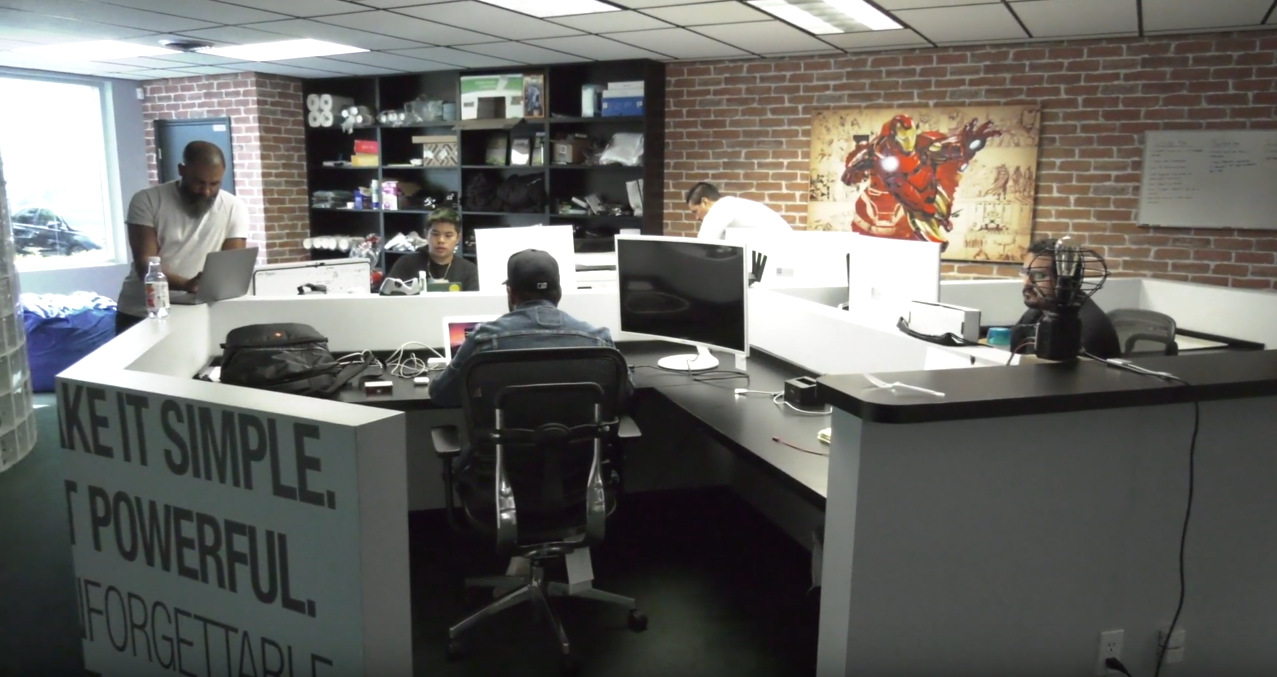
I obsess over our competitive advantages, so we are always looking at how we can build more competitive advantages. We can find out what our competitors don’t have, do something better than them, offer better customer service, build a faster website, or offer more access. There’s a million things that we look at and aggressively building into. But it’s really looking at competitive advantages that we have as a business then expanding on those and finding new ones too.
What makes you unique compared to your competitors?
We obsess about testing everything, so anytime there’s an idea I never tell our staff “no”, but I do tell them my opinion about things, then I tell them to go test it themselves. I obsess over testing and understanding what works and what isn’t working.
We also have our reverse image search, and none of our competitors have the image search tools that are out there right now. We also continue to build on our competitive advantages.
What are the top 3-5 apps your business could not run without and why are they essential?
Slack is really great for social conversations within the workplace. We have people all over so it just helps everybody stay in touch really easily. Google Apps allows you to have access to the cloud, all your documents, and email.
Tracking metrics and custom programs helps us to base a lot of decisions off of numbers and not our emotions to guide our decision making. Google Analytics assists with our metric tracking as a business.
What is your favorite book that has helped you in the business?
I used to read a lot of business books when I was younger and as I’ve gotten older, I just read for fun instead. My favorite book of all time that has helped me personally isHow to Win Friends and Influence Peopleby Dale Carnegie.
It’s a book about how to treat people with respect, and understanding why people act a certain way. It helps you communicate as best as you can with people and helps you understand people in general. It helps you to become a more respectable person. It’s a book I’ve read around four times, and every time I go through it I make notes and highlight in it.
What are the next products you’re working on?
What I can say is that we are working on tools to build more value for our users. We are looking to build our service in ways that people would want to use our service again and again every month and down the road. We are building stuff for them and their families. I won’t go into detail until we launch them.
Where do you see Social Catfish in 5 years?
I see us as the biggest company in our space. I also see us diversifying the company significantly in the next five years. We want to branch out and build tools based on the success we’ve had and we want to make tools for large companies and lots of different types of people.
What is the ballpark of your current revenue?
We are a 7-figure company, hoping to be 8-figures soon.
Would you ever sell?
Yes, but it would take a lot for me to sell right now. Do you know how people start a retirement fund? I have a 401K but this is also my retirement fund. I built this business, and when I sell it I’ll hopefully have enough money to one day sip pina coladas on the beach.
I think about the employees too, so in order for me to sell, the stars would have to align, the money would have to be right, the employees would have to be taken care of, and everything would have to work out really really well for me to even consider that. And I don’t think we’re there yet.
| Company Name: | Social Catfish |
|---|---|
| Founder: | David McClellan |

